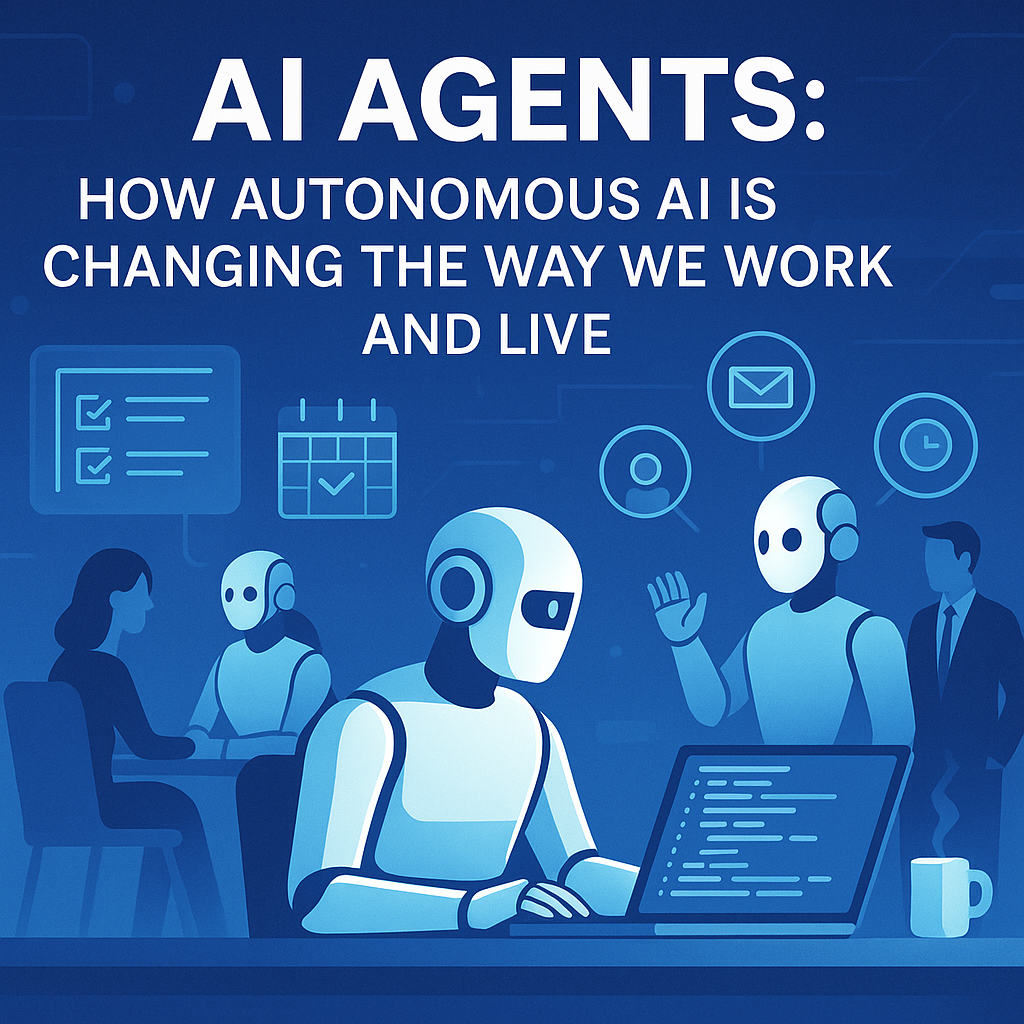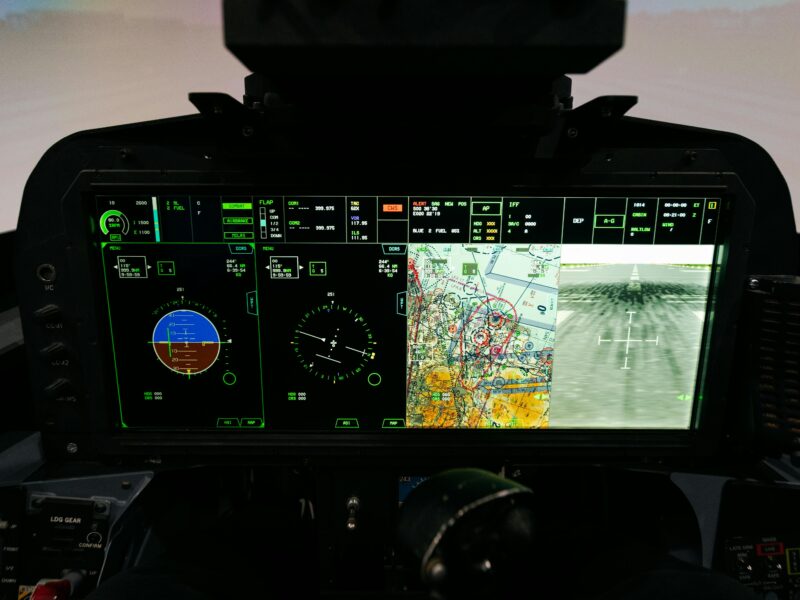In recent years, artificial intelligence has rapidly evolved from a tool that augments human effort into something far more powerful: a partner that can take initiative. The rise of autonomous AI agents—programs capable of planning, executing, and adapting without constant human direction—marks one of the most disruptive shifts in technology since the internet.
Welcome to the age of AI agents—digital workers that are changing the way we work, live, and innovate.
What Are AI Agents?
Unlike traditional AI models, which require prompts and instructions for every action, AI agents are autonomous systems. Once given a goal, they can break it down into subtasks, research the best methods, make decisions, take actions, and even revise their own plans. Think of them as a combination of AI, automation, and strategic reasoning.
Popular examples include:
- Auto-GPT – An open-source AI that can perform complex tasks like market research, coding projects, and business planning.
- Devin – Dubbed the first AI software engineer, it can build and deploy entire applications on its own.
- AgentGPT – A web-based agent that users can instruct to complete high-level tasks with minimal input.
These agents are not just faster—they’re getting smarter. They can loop through failures, learn from mistakes, and revise approaches, simulating a basic form of self-correction.
How They’re Disrupting Industries
1. Software Development
Autonomous AI engineers like Devin can write code, debug software, and even deploy applications independently. This doesn’t just save time—it redefines the entire development workflow. Startups are already using these agents to launch MVPs (Minimum Viable Products) in days instead of months.
2. Customer Support and Virtual Assistance
AI agents are becoming more than just chatbots. They can handle end-to-end customer service flows: troubleshooting problems, issuing refunds, scheduling appointments, and even empathizing with customers. Imagine having a 24/7 customer service rep that learns over time.
3. Marketing and Content Creation
Marketers can now delegate SEO research, content planning, and ad generation to AI agents. These agents can analyze market trends, generate content calendars, write articles, and measure performance—all autonomously.
4. Personal Productivity
From managing calendars to booking flights and paying bills, personal AI agents are starting to act like smart executive assistants. With voice, text, or app integration, they could soon become as essential as smartphones.
The Tech Behind the Magic
AI agents rely on large language models (LLMs) like GPT-4, Claude, or Gemini. But the real breakthrough lies in how they’re paired with:
- Memory modules – to retain context over time.
- Tool integrations – APIs, browsers, code interpreters, databases.
- Task planning frameworks – to break big problems into step-by-step actions.
- Feedback loops – enabling learning through trial and error.
Essentially, they’re LLMs with brains, arms, and legs.
Challenges and Concerns
As with any revolutionary technology, AI agents raise serious questions:
- Reliability: Can we trust them to make the right decisions consistently?
- Security: Giving an agent access to sensitive data or systems poses major risks.
- Accountability: Who is responsible if an autonomous agent makes a mistake or causes harm?
- Job disruption: While AI agents can boost productivity, they also threaten jobs in customer service, programming, and administrative roles.
Governments, companies, and tech leaders are now racing to set ethical boundaries and regulatory frameworks.
The Future: AI Co-Workers and Digital Employees
Within a few years, it’s likely many of us will collaborate with AI agents on a daily basis. They won’t just take orders—they’ll propose strategies, execute plans, and even anticipate problems before they arise. Some companies are already experimenting with AI agents as digital co-workers with email addresses, team Slack access, and KPIs.
This opens up a bold vision: a world where every individual, regardless of technical skill, has access to a team of tireless, intelligent assistants.
Final Thoughts
AI agents are more than a trend—they’re a paradigm shift. They’re not just here to help us type faster or write emails. They’re here to reimagine how tasks get done, from solo creators to Fortune 500 companies.
As these agents evolve, the most successful individuals and organizations won’t be the ones who resist the change—but those who learn to work with AI as creative partners.
The age of autonomous AI has begun. Are you ready to meet your digital teammate?



